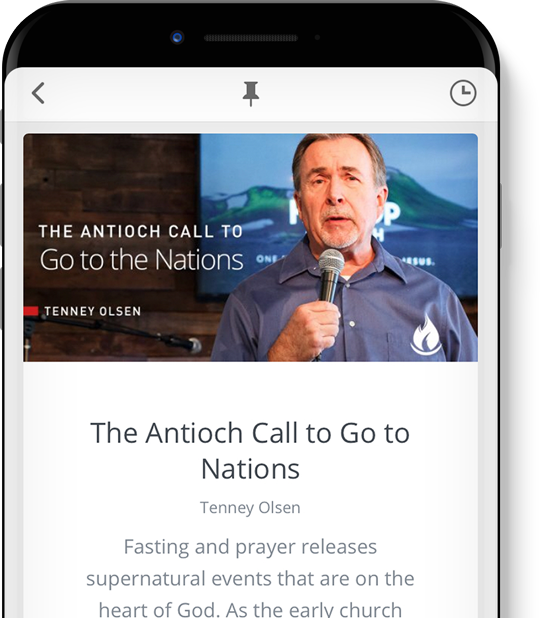Free email series
Get insight and practical tools to help you grow in two of God’s most powerful and delightful spiritual disciplines: worship and prayer.
Sign up
This morning I want to speak about Israel’s Annual Feasts in the Bible: I believe this is an important topic that has great significance for us today. Tomorrow is the beginning of the feast of Tabernacles, also know as Sukkot. Three of the feasts are major feasts that required all the males of Israel to travel to the Temple in Jerusalem (Ex. 23:14-19). (Unleavened Bread, Pentecost, & Tabernacles)
II. ALL OF THE FEASTS OF ISRAEL
Subscribe to get these teaching videos in your email inbox, plus articles and upcoming events
